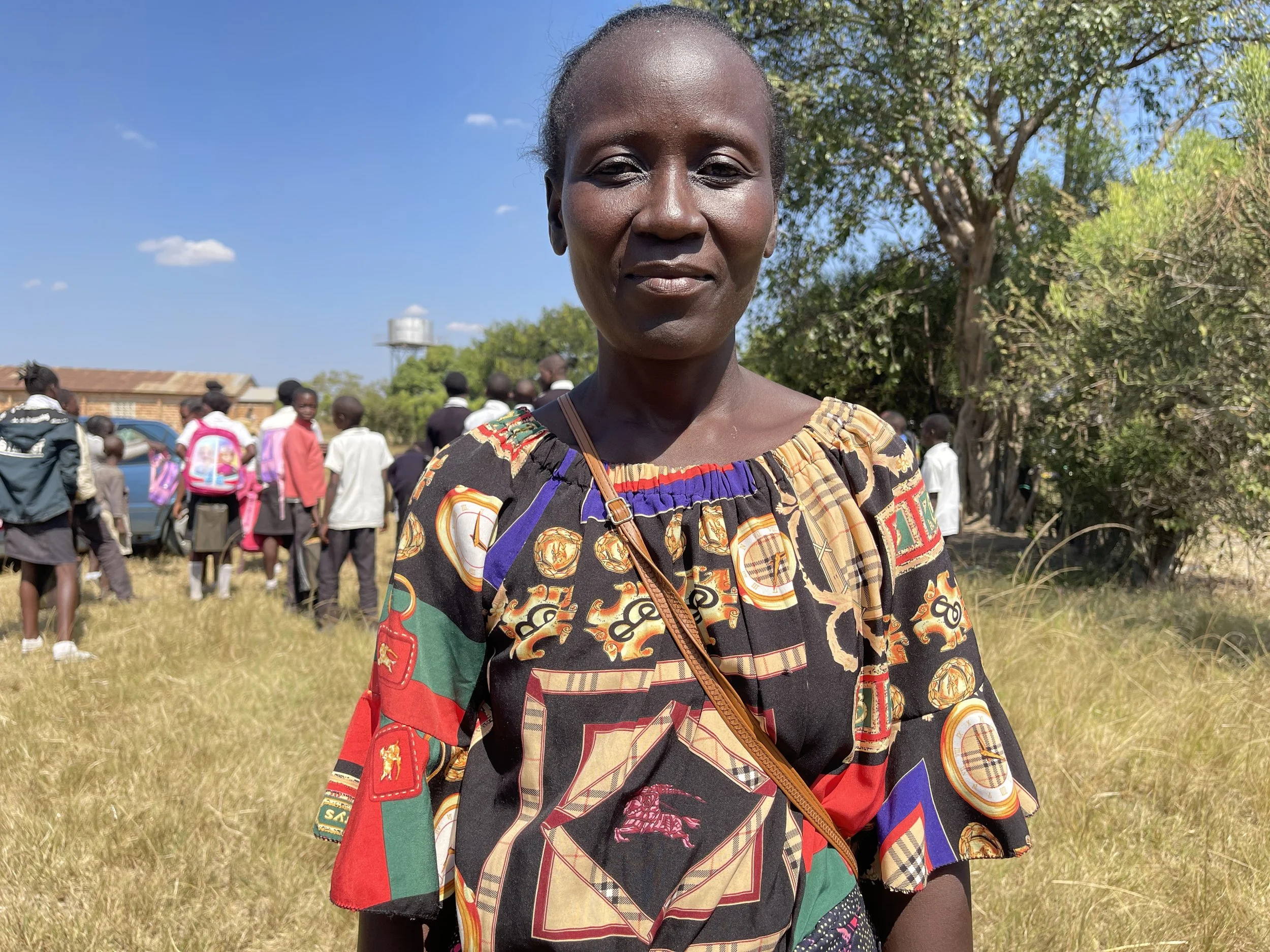
Improving livelihoods
In many of the communities where E3 partners serve, people face a daily struggle to provide for their families and even survive.
This struggle for survival can force families to get involved in criminal activities. For example, many refugee women and young girls engage in prostitution to make money to survive.
Providing food parcels, clothing and school equipment is a vital part of many churches’ ministries, but our partners also seek more sustainable ways to help people living in extreme poverty, including refugees and people living with HIV. They train people to work in microfinance or self-help groups, save small amounts of money together and then access loans to set up businesses. The training equips them with basic businesses skills and the loan funds come from the group savings and a contribution from E3. Self-help groups also work together to start social responsibility initiatives such as home-based care projects, crèches or agricultural activities.
E3 partners seek sustainable ways to help people living in extreme poverty to earn a living and provide for their families.
Microfinance and Self-help Groups have a profound impact on families…
sustainable
Viable businesses mean improved and sustainable incomes
care
Grandmothers, parents or guardians can feed the orphaned children in their care and pay school fees
support
Being part of a group means they have a bigger family with whom they can share their challenges and joys and they meet up regularly to encourage and support each other
impact
As loan money is repaid, other people in need can join a group so the impact multiplies.
What a difference a small loan or gift can make in helping a family break free from the cycle of poverty and build a sustainable future. The people we work with have the ideas, the drive, and the potential to run successful businesses, but they lack the initial capital to get started.
Take Miya, for example, who lives in the Kawama community in Luanshya, Zambia. With just £30, she was able to change her life. She purchased two bags of fertilizer and a bag of maize, which she turned into an impressive harvest of 27 bags. With the earnings, Miya invested in a knitting machine and began making school jumpers for the Back to School programme. The profits from her knitting venture allowed her to start a chicken-rearing project. To date, she has sold 50 chickens, earning around £150.
Miya’s story is a testament to what can be achieved with a small investment and a big dream. With the right support, countless others can follow in her footsteps, lifting themselves out of poverty and creating a brighter future for their families and communities.
"Before joining the Self-Help Group I was suffering a lot and was a poor woman in my village. Now I can support my family. I know how to stand on my own and fight poverty. Thank you."
Hanah, Zimbabwe.
Read more about the impact of microfinance and self-help groups run by E3 partners.
The difference your donation makes
£400 / $511 enables a refugee family to receive training and a microfinance loan to set up a small business so they can afford food and shelter and send their children to school.
£35 / $45 funds training, seedlings and follow-up monitoring and support for a subsistence farmer in Northern Zululand, South Africa and rural Lilongwe, Malawi. This means the farmer and his family have fresh food to eat and can even sell the surplus.
E3 and our partners empowered 6,870 people in need in 2024.



